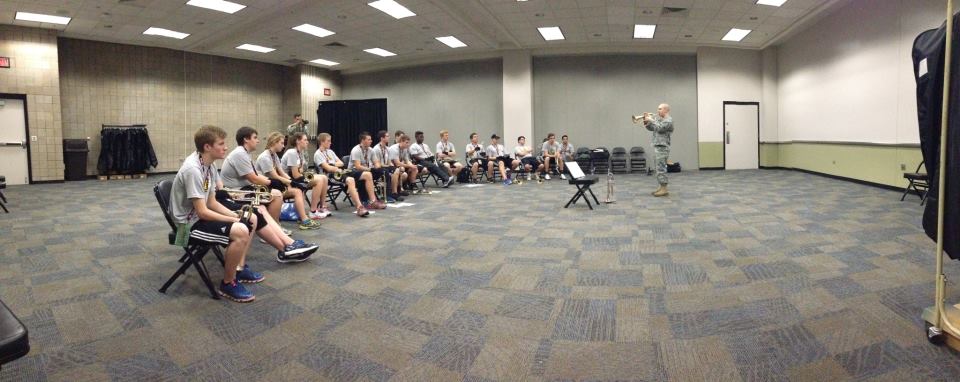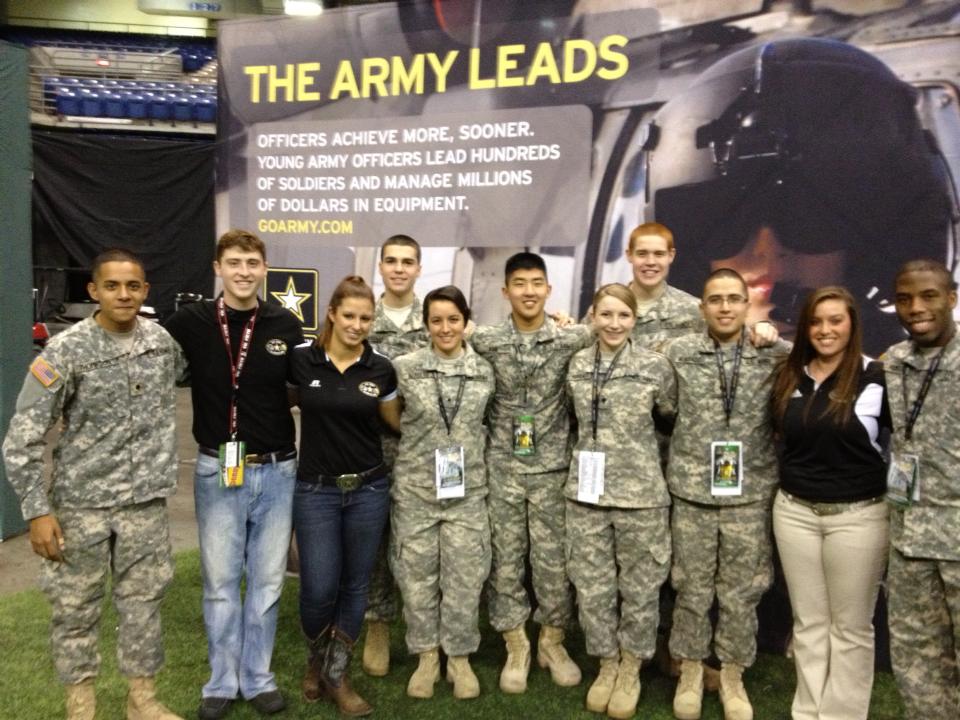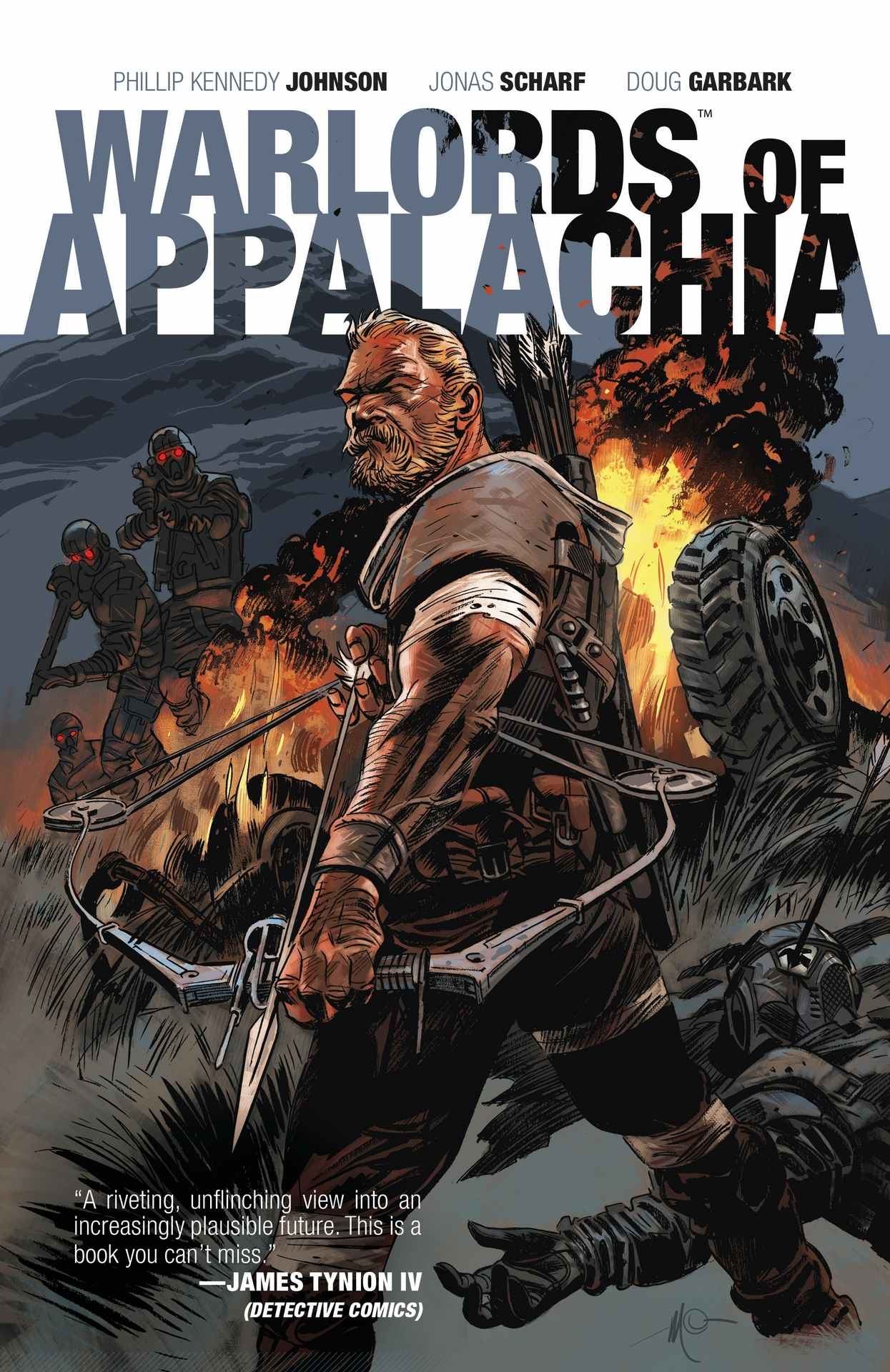 Sunday night, and members of the Army Field Band are back from another Army All-American Bowl. Once again, the All-American Marching Band and staff worked hard and fast, with limited time and in bad weather, and put on a terrific show for a record crowd of more than 40,000.
Sunday night, and members of the Army Field Band are back from another Army All-American Bowl. Once again, the All-American Marching Band and staff worked hard and fast, with limited time and in bad weather, and put on a terrific show for a record crowd of more than 40,000.
This is my second consecutive All-American Bowl. The Army Field Band has been sending representatives to coach and perform for the All-American Marching Band since the AAMB’s inception in 2008. The Field Band’s presence is meant to inspire the students, but I’ve seen a different result: As much as the kids seem to get from the Field Band’s involvement, we get at least as much of a boost from them, from the All-American alumni (most of whom are now enlisted or ROTC cadets), and from the fantastic staff of educators that have donated their time for the event. Everyone involved in the show inspires each other, creating a feeling of common purpose and satisfaction that lasts throughout the entire week. I always leave the All-American Bowl energized and uplifted, and I’m definitely not the only one.
On top of the usual afterglow, this week I realized that the All-American kids are changing my perception of marching band.
 Unlike most band musicians, marching isn’t something I grew up with. To start with, my high school didn’t have a proper marching band. It was a small school with little money, a little band, no football team, and no practical reason for a halftime show. I marched in college, but as a hopeful professional musician, marching was mostly a distraction from the practice room. When I started teaching high school trumpet students, it seemed that marching band was always giving my students bad playing habits. I eventually started teaching summer marching band camps, and I followed Drum Corps International for a couple years to educate myself in the medium, but I was never enthusiastic about it. My focus was keeping my kids playing efficiently and with healthy technique.
Unlike most band musicians, marching isn’t something I grew up with. To start with, my high school didn’t have a proper marching band. It was a small school with little money, a little band, no football team, and no practical reason for a halftime show. I marched in college, but as a hopeful professional musician, marching was mostly a distraction from the practice room. When I started teaching high school trumpet students, it seemed that marching band was always giving my students bad playing habits. I eventually started teaching summer marching band camps, and I followed Drum Corps International for a couple years to educate myself in the medium, but I was never enthusiastic about it. My focus was keeping my kids playing efficiently and with healthy technique.
Getting to know the members of the All-American Marching Band has given me a newfound respect for marching band and the skills it teaches: The physical fitness. The dedication that comes from spending years practicing an instrument. The perseverance that comes from hundreds of rehearsal hours spent in all weather conditions. The discipline it takes to stand perfectly still, for minutes at a time, over and over, while their muscles ache and the sweat runs in their eyes and the mosquitoes eat them alive. The attention to detail and sense of teamwork that are ingrained in them as they simultaneously concentrate on breathing, intonation, volume, horn angle, foot angle, placement in the overall picture and countless other minutia. The energy they bring to every task, the respect they show their teachers, their drive to compete and prove themselves, their dedication to the common goal with no thought of personal glory or individual recognition.
 All of these qualities will serve the students well for the rest of their lives, and when I think about how perfectly they align with the Army values, I wonder why we bother with the football game. Fourteen Army All-American Marching Band alumni now serve in the Army, compared with zero Army All-American football players. These are exceptional people.
All of these qualities will serve the students well for the rest of their lives, and when I think about how perfectly they align with the Army values, I wonder why we bother with the football game. Fourteen Army All-American Marching Band alumni now serve in the Army, compared with zero Army All-American football players. These are exceptional people.
As awesome as the members of the All-American Marching Band are, thousands of other kids across the country are getting all the same skills from their own band programs, doubly so for those that spend their summers marching Drum Corps. I’ve come to believe that the Marching Arts are a valuable tool for teaching our youth important skills, and I’m grateful to the All-American Marching Band and its alumni for helping me see that.

Pingback: Sacking Rome | Phillip Kennedy Johnson